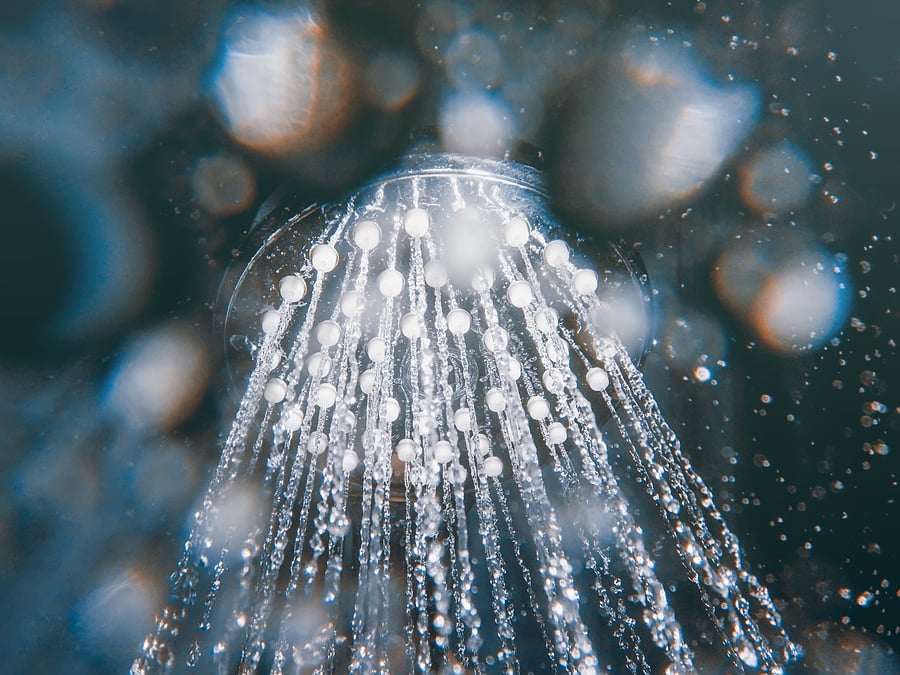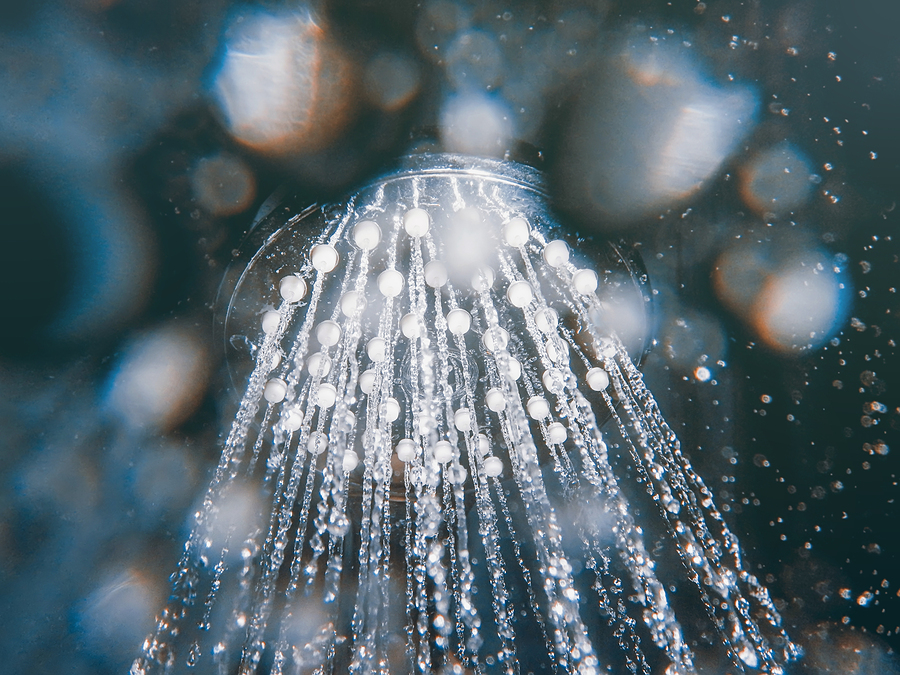When it comes to hot water heating systems, air source heat pumps have become a popular choice in recent time. With their ability to extract the heat in the external atmosphere, homeowners have found that enjoying long showers no longer takes a toll on monthly electricity bills. Given our frequent discussion about the benefits of choosing a heat pump system for your home, this week, we shift our focus to the technical specifications these devices require for flawless performance.

If you’re considering an air source heat pump to produce water heating, this blog is for you! Continue reading to find out the best ways to ensure you’re getting the most from your hot water heating system.
How do air source heat pumps differ from other hot water heating systems?
Using the principle of refrigeration, whereby heat is removed from a low-temperature environment to one that’s higher, heat pumps reverse this process and move heat from the outside to heat water in a home.
With regard to water heating, specifically, this is done in a way where low-grade energy is converted into the high-grade energy required to heat water at high levels, without losing out on efficiency. In addition to this, there are also alternative forms of air source heat pump systems, which function as heat recovery solutions. Here, the heat from the air leaving a building is extracted and reused for water heating.
When used together with a hot water storage tank, certain hot water heat pumps can even use up to 70% less electricity, compared to immersion heaters. Unlike other hot water heating systems, these devices only use electricity to power internal operations, rather than heat the water itself.
To what extent can my water be heated? Do I need a supplementary heating device?
Air source heat pumps are known to possess a high capacity for heating functions, which extend to water heating as well. In this regard, these devices generally produce heating between 45℃-50℃, which is more than adequate for your purposes - whether in the kitchen or the bathroom.
While the recommended temperature of a hot shower is around 40℃, however, hot water needs to be stored at 60℃, for safety reasons. In this regard, an additional heater may be needed to achieve the remaining heat load, which is around 10℃ - 15℃. Thus, even if you choose an electricity-based heater to support your heat pump, energy consumption is unlikely to be high.
Why do I need to maintain my storage water temperature at 60℃?
While water heated to lower temperatures are fine for washing or cooking purposes, water storage requires high levels of heating to dispel any form of bacteria.
Legionella, in particular, is known to breed in warm water. If this bacteria is accidentally inhaled - say when you’re taking a shower - this could lead to a potentially fatal condition known as Legionnaires' disease.
By increasing the water temperature to 60℃ or over, these parasites can be killed off completely. The higher the temperature in the storage tank, the safer the water.
Which property and installation specifications make my heat pump more efficient?
There are a number of ways in which you can enjoy a highly efficient hot water heating system.
Firstly, it’s important to ensure that you live in an area that enjoys a temperature that’s anywhere between 4.4ºC-32.2ºC. While certain heat pumps work in temperatures as low as -10ºC, this range of temperature ensures that your heat pump operates more efficiently.
In addition to this, make sure that you maintain around 1000 cubic feet of airspace around the heater and that your device is installed somewhere close to a heat source, if possible. This is because heat pumps tend to cool the spaces they operate in.
Can I control my air source heat pump to be more cost-efficient?
One of the best parts about using an air source heat pump as a part of your hot water heating system is its ability to be controlled in a way that allows you to enjoy energy savings.
In this regard, try to run your system on a mix of day rate and night rate electricity. Given that night rates are usually much cheaper, performing a load of your activity including running dishwashers, cooking, showering, and other chores in the night are exceptionally cost-efficient.
Key takeaways
Using an air source heat pump as your hot water heating system comes highly recommended.
By installing these devices in a proper manner and by leveraging them with the support of the right systems and specifications, enjoying water heating, which is safe and cost-efficient, is now easier than ever!

